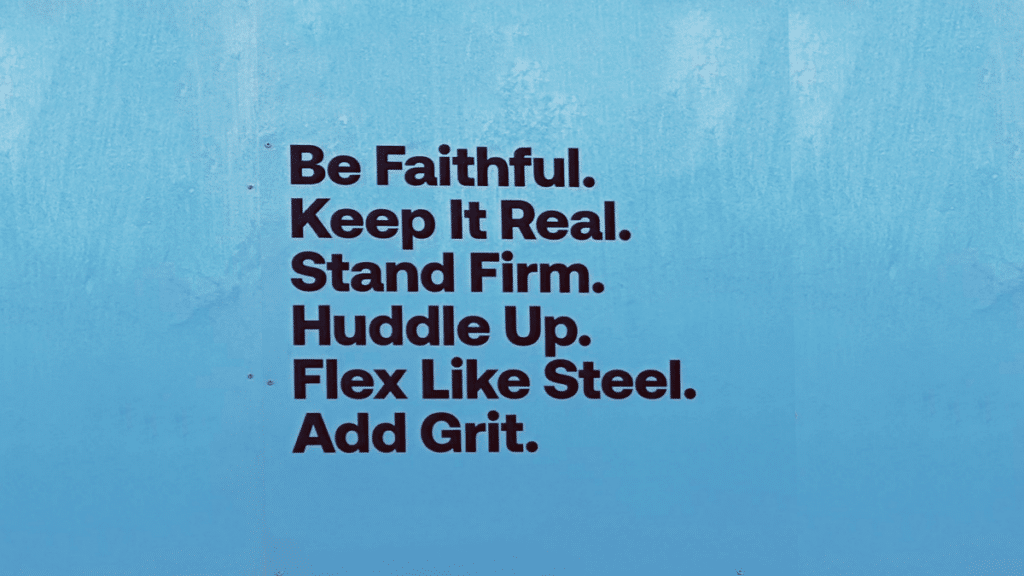How to Find the Right Consultant – Ask #HR Bartender
Estimated reading time: 4 minutes
As many of you know, I’m a consultant. The name of our company is ITM Group, Inc.
But just because I’m a consultant doesn’t mean I’m the right consultant for everyone. We’ve recently had some organizations contact us about consulting work and I think they’re genuinely surprised when we say that we’re not the right consulting firm for them. One of the lessons I learned very early in my consulting life is that the key to being a good consultant is knowing what you do well and sticking to it.
It wouldn’t be fair nor appropriate of me to take on an engagement that I’m not a good fit for. So, I thought it might be helpful to share some tips for finding and engaging the right consultant. Here are five to get you started:
- Identify what you want the consultant to do. Every HR consultant does not do everything and please don’t let them tell you that they do. That being said, I have been known to say to organizations “I can do this piece and I know another consultant who can do that piece.”. Organizations should not be surprised if a consultant says, “I’m not the right person.” That doesn’t mean they won’t ever be the right person … just not for the current project.
- Have a budget. And a timeline. Two of the first things consultants want to know is “Can you afford me?” and “When does the work need to be completed by?”. It’s no different from discussing with a candidate their salary requirements. Organizations don’t want to waste their time and the candidate doesn’t want to waste theirs either.
- Check out their work. The good thing about researching consultants is that you can connect with them on social media platforms like LinkedIn. Or listen to one of their sessions at a conference. Or check out their blog, YouTube, or TikTok channel. This allows organizations to get some sense of the consultant’s point of view prior to formally reaching out to them.
- Be prepared to answer specific questions about the scope of work. If you’re chatting with a consultant about a project, be able to answer questions about the project. For example, if you want someone to conduct training, are you thinking in-person or online? Do you want customized content or something the consultant has already developed? Honestly, those are basic questions that should have been finalized in step one (above) so they should be relatively easy to answer.
- Talk to multiple consulting candidates. Even if you like a particular consultant and are 99% sure that you’re going to partner with them, don’t be afraid to chat with someone else. The other consultant might be good for a different project.
We’ve talked before about the advantages of having a buy – build – borrow strategy when it comes to staffing the organization. There are projects where it could make good business sense to use a consultant (aka a “borrow” strategy). That means building relationships with consultants is important.
And from a consulting perspective, it means being honest with client companies about what you can and cannot do. If you do a good job, companies will respect your work and continue to engage with you.
As we start thinking about the remainder of the year, it’s possible that organizations might want to partner with consultants that will help them accomplish their goals. If that’s the case, the time to start researching and building relationships with consultants is now.
Image captured by Sharlyn Lauby at a construction site while pondering core business values in Gainesville, FL
